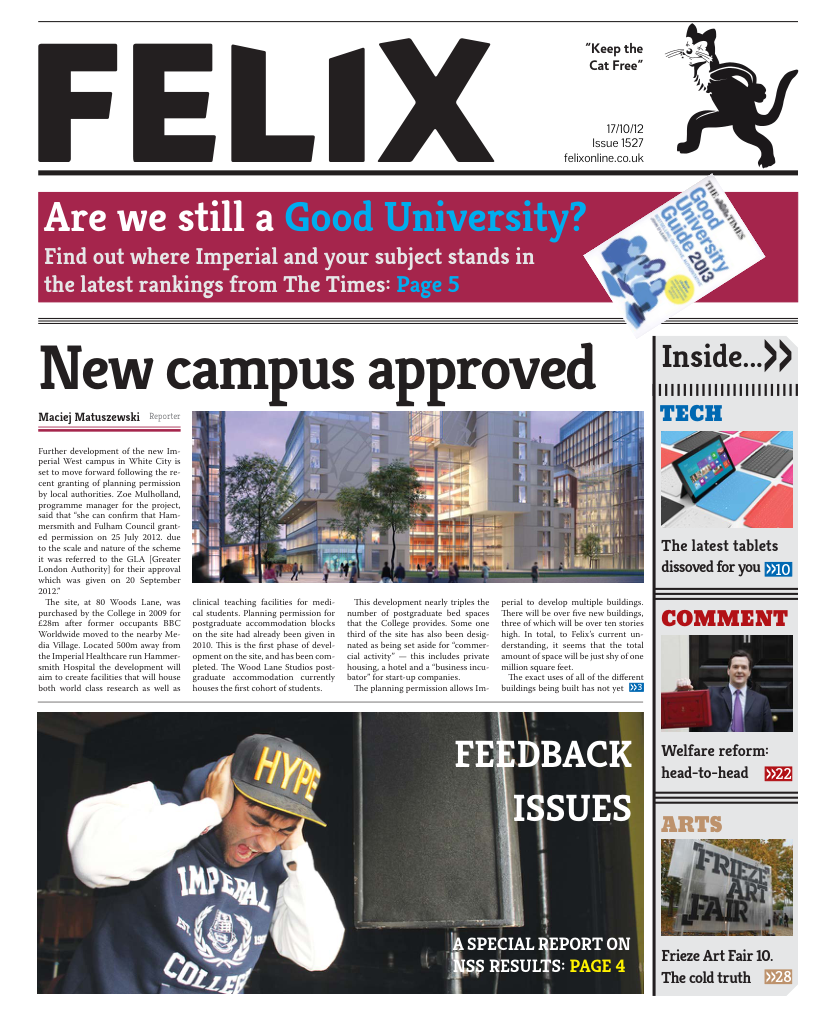Facing up to dementia
The Foundation for Science opens up the discussion

In the UK, 820,000 people suffer with dementia and by 2051 this figure may rise to 1.7 million. The Foundation for Science and Technology highlighted this societal challenge by inviting four speakers to talk about the issue from unique perspectives.
The debate was started by Chief Medical Officer, Professor Dame Sally Davies DBE FMedSci. She spoke about the need to diagnose earlier: “If it is picked up early, the drugs that are available can extend good quality period.” Only 31% of GPs feel they have had sufficient training to diagnose dementia.
She also argued that in order to rid the stigma, all sectors of society must understand. This is being done by the Dementia Awareness Campaign as part of the Prime Minister’s Dementia Challenge strategy. “67% of people with dementia said they suffered loneliness, isolation, anxiety and depression. One person talked about his difficulties of getting his money out the bank because he can’t remember passwords and PIN numbers.”
The following speaker, Professor Julienne Meyer, director of the My Home Life programme at City University, develops action research and uses it to improve care home qualities. She works with the Government to carry out its initiative of creating dementia friendly communities involving those who live, die, visit and work in homes.
“They are coming into care homes at a point of crisis so I really welcome opening up to volunteers to educate the public to start thinking about their own frailty and end of life. “Society has turned its back on care homes. We are ageist. We fear our own end of life. We fear dementia.”
These social perspectives were complemented with a speech from Professor James Goodwin, Head of Research at Age UK.
Their Disconnected Mind project has led to more understanding of the biology of the disease. The project found that genetic factors account for 24% of variation in change in cognitive ability.
“We know what are the processes by which we can move research into tangible benefits. The complex interaction between researchers and users is the rate-limiting step.” The researcher may not reach out to the policy makers because they don’t trust policy makers to utilise their research well, and the practitioner may be sceptical of the applicative potential of research findings.
He also said that limitation also comes under the form of funding, where only 0.2% of R&D in the UK was spent on dementia research in 2009.
The final speaker was Jan Hall, founder of the Evington Initiative which raises money for dementia research. She described how her family were affected by her mother’s illness.
This poignant speech concluded the speakers’ debate and brought home the necessity to tackle dementia.






